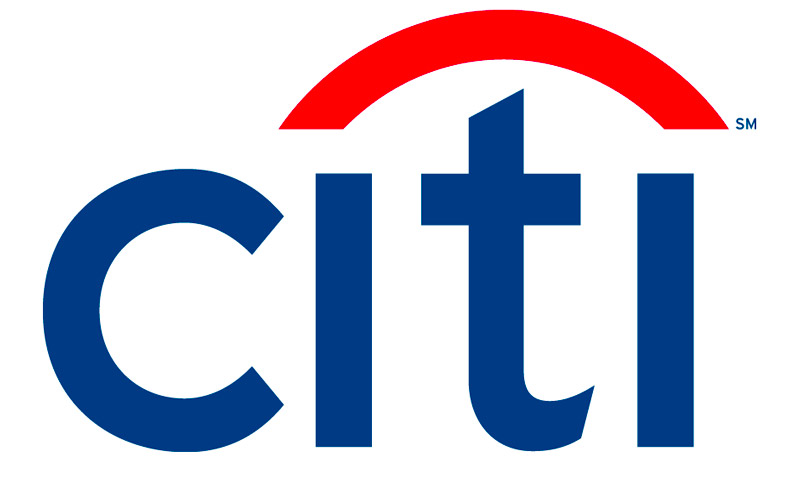|
NJ 6th Most Expensive Rental Market, Study Finds 7/14/2021 In a new national report unveiled today, New Jersey ranked sixth most expensive location for renters. The report, Out of Reach, was jointly released by the National Low Income Housing Coalition (NLIHC), a research and advocacy organization dedicated solely to achieving affordable and decent homes for people earning the lowest incomes, and the Housing and Community Development Network of New Jersey (the Network), the statewide housing and community development association. In order to afford a modest, two-bedroom rental home at fair market rent in NJ, full-time workers need to earn the Housing Wage of $31.96 per hour, or $26.29 for a one-bedroom. This is the hourly wage a worker must earn to afford a modest and safe rental without spending more than 30 percent of their income on housing costs. Across the country, a renter needs to earn $24.90 per hour to afford a modest two-bedroom rental home or $20.40 per hour to afford a one-bedroom without spending more than 30 percent of their income on housing costs. “The Garden State has long been an expensive place for lower income workers, but the last year and half has been extremely difficult for residents,” said Staci Berger, president and chief executive officer, the Network. “Too many families have been living at the edge of housing insecurity, and they are now threatened with homelessness, as eviction protections begin to expire. We are shocked and dismayed that the NJ Supreme Court is forcing tenants to attend settlement conferences, even as the Murphy Administration and the Legislature are disbursing emergency rental assistance and other protections. We urge the Governor to sign the Rental Navigator and Tenant Eviction Protection bills without delay, to help ease this crisis.” “Having a safe, stable housing is essential to our post-pandemic recovery, but that is out of reach for too many New Jerseyans. While our state’s elected officials have worked tirelessly to provide expanded resources to “Build a Thriving NJ,” like restoring the Affordable Housing Trust Fund, rents have continued to skyrocket,” said Berger. This year, the Out of Reach report is being released 16 months into a devastating pandemic. In addition to the lives lost, COVID-19 also created an economic crisis that pushed millions of low-wage workers out of work. The public health crisis is not over, but as the country begins to imagine life after COVID, it is imperative that we also address the profound economic fallout for the lowest-income and most marginalized members of our communities. Prior to the pandemic, more than 7.6 million extremely low-income renters were already spending more than half of their limited incomes on housing costs, sacrificing other necessities to do so. After a year of job losses, furloughs, and limited hours, many of these households will have even less to spend on rent. NJ’s minimum wage increased to $12 an hour at the beginning of the year. Despite the increase, a minimum-wage renter working a 40-hour work week cannot afford a modest two-bedroom rental unit at the average fair market rent of $1,662 for a two-bedroom let alone $1,367 for a one-bedroom. A minimum wage earner in NJ must have 2.2 full-time jobs or work 88 hours per week at minimum wage to afford a modest one-bedroom home. The typical renter in NJ earns an average of $19.38 an hour, which is far less than the $31.96 per hour needed to afford a two-bedroom or $26.29 needed for a one-bedroom. “Housing is a basic human need and should be regarded an unconditional human right,” said Diane Yentel NLIHC president and CEO. “With the highest levels of job losses since the Great Depression and a pandemic that continues to spread, low-income workers and communities of color are disproportionately harmed. The enduring problem of housing unaffordability ultimately calls for bold investments in housing programs that will ensure stability in the future. Without a significant federal intervention, housing will continue to be out of reach. This leaves millions susceptible to the overwhelming consequences of Congressional inaction.” NJ’s state budget for fiscal year 2022 includes full investment in the state’s Affordable Housing Trust Fund to be used to create or rehabilitate affordable homes for lower income residents. Housing advocates are calling on federal officials to include housing investments in the infrastructure proposal currently under debate in Congress. Specifically advocates are calling for $40 billion for the National Housing Trust Fund to build and preserve affordable homes, $70 billion to fully address the public housing capital repair backlog, and an expansion of rental assistance to every eligible household. Today at 2p.m., the U.S. House Committee on Ways and Means Oversight Subcommittee is hosting a hearing on expanding housing access to all Americans. Ms. Berger will join national experts to provide testimony during the event on the nation’s housing affordability and New Jersey in particular. To view the hearing live, visit https://tinyurl.com/ushousinghearing. The New Jersey data from Out of Reach 2021, including county data, is available at www.hcdnnj.org/oor. For the complete report, please visit www.nlihc.org/oor. To view a recorded briefing on the 2021 report, visit www.youtube.com/watch?v=1w2FFO8VzNM. About the Housing and Community Development Network of NJ
|













